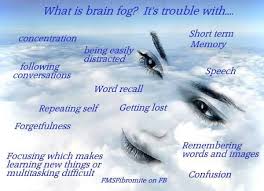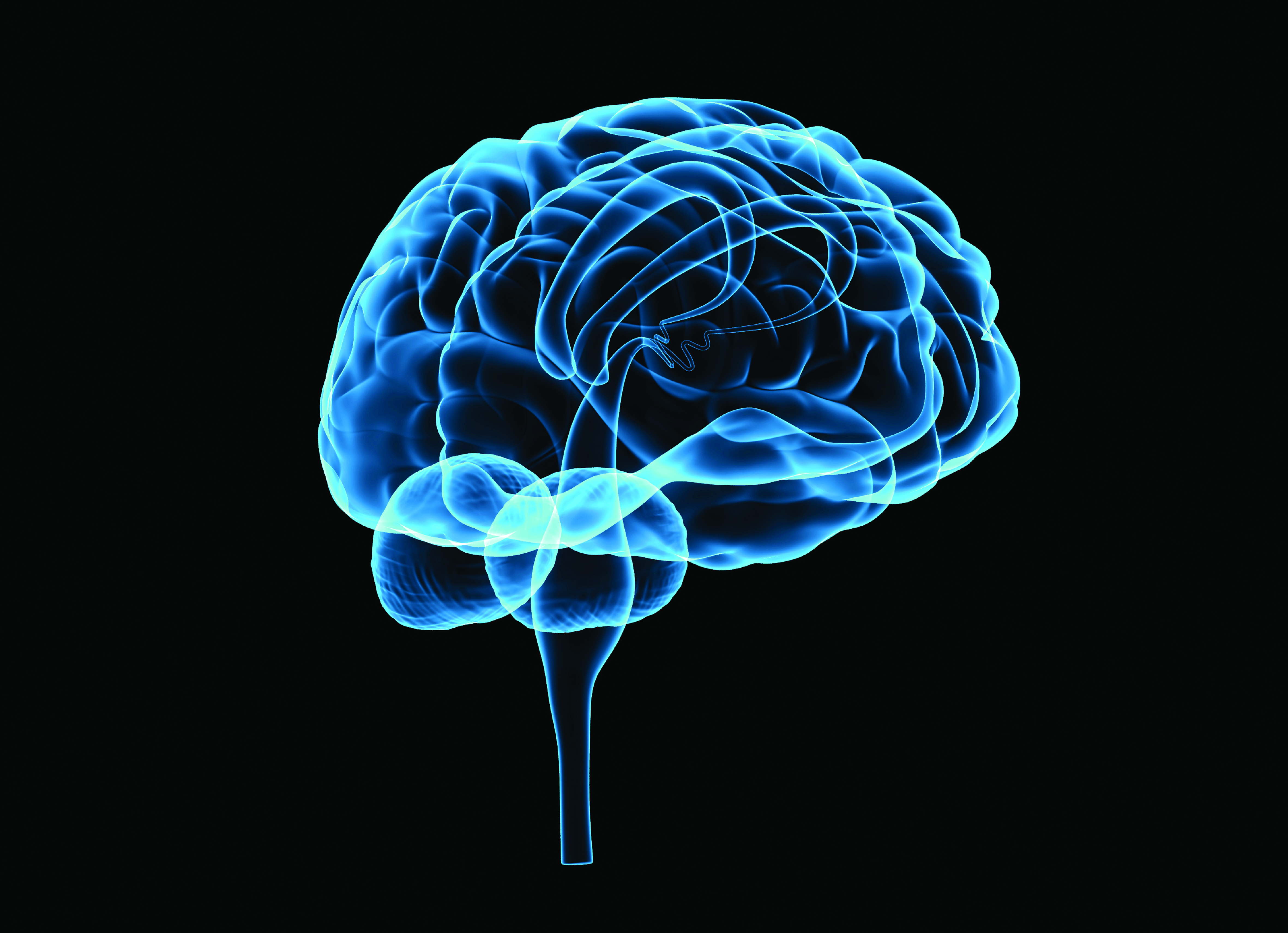
Recently, as you have likely heard, COVID-19 has also been COVID-19 has also been blamed for causing brain fog, including in the context of long COVIDafter the initial infection has actually passed. The term crops up a lot in the medical research literature where it’s used to capture the experiences of cognitive (i.e., mental) difficulties described by various patient groups, from people with chronic fatigue syndrometo patients undergoing chemotherapy (for whom it’s sometimes dubbed ‘ chemobrain’) to women transitioning to the menopause. 'Brain fog' is a vague, colloquial term for when you feel scatter-brained and mentally impaired.
Severe brain fog how to#
Neurological manifestations of COVID-19: A systematic review and current update.What is brain fog? A neuroscientist reveals what causes it and how to get rid of it A clinical primer for the expected and potential post-COVID-19 syndromes.

Understanding the long-term health effects of COVID-19.Inflammatory leptomeningeal cytokines mediate COVID-19 neurologic symptoms in cancer patients. Role of angiotensin-converting enzyme 2 (ACE2) in COVID-19. MSK researchers learn what’s driving ‘Brain fog’ in people with COVID-19.Neurologic manifestations of hospitalized patients with coronavirus disease 2019 in Wuhan, China. Post-discharge persistent symptoms and health-related quality of life after hospitalization for COVID-19. You can learn more about how we ensure our content is accurate and current by reading our editorial policy. Healthline has strict sourcing guidelines and relies on peer-reviewed studies, academic research institutions, and medical associations. Some possible contributing factors include: However, there are other ways that COVID-19 may indirectly lead to brain fog as well. Other factors that may contribute to brain fogĪs mentioned above, inflammation in and around your brain may contribute to brain fog. They believe that these changes may also contribute to cognitive impairments. Researchers have also identified microstructural changes in the hippocampus and other areas of the brain after COVID-19. This may be one of the factors that contributes to brain fog. Inflammation in your brain hinders the ability of your neurons to communicate with each other. Cytokines are molecules produced by your immune system that encourage inflammation. Encephalopathy is a general term that refers to damage or disease of your brain.Ī study from January 2021 found increased levels of inflammatory cytokines in the fluid surrounding the brains of people weeks after their COVID-19 infection.

Numerous case studies have found that some people who’ve had COVID-19 develop complications such as altered consciousness or encephalopathy.


The virus is neuro-invasive, meaning that it can enter your brain tissue. Once in your system, the coronavirus enters cells through an enzyme called angiotensin-converting enzyme 2 (ACE2) receptor. Respiratory droplets from that person can enter your body through your nose, mouth, or eyes. The new coronavirus that causes COVID-19, known as SARS-CoV-2, is thought to typically spread through close contact with someone who has the infection. It’s thought that both physiological and psychological factors may play a role. Researchers are still investigating the potential cause of brain fog in people who’ve had COVID-19.


 0 kommentar(er)
0 kommentar(er)
